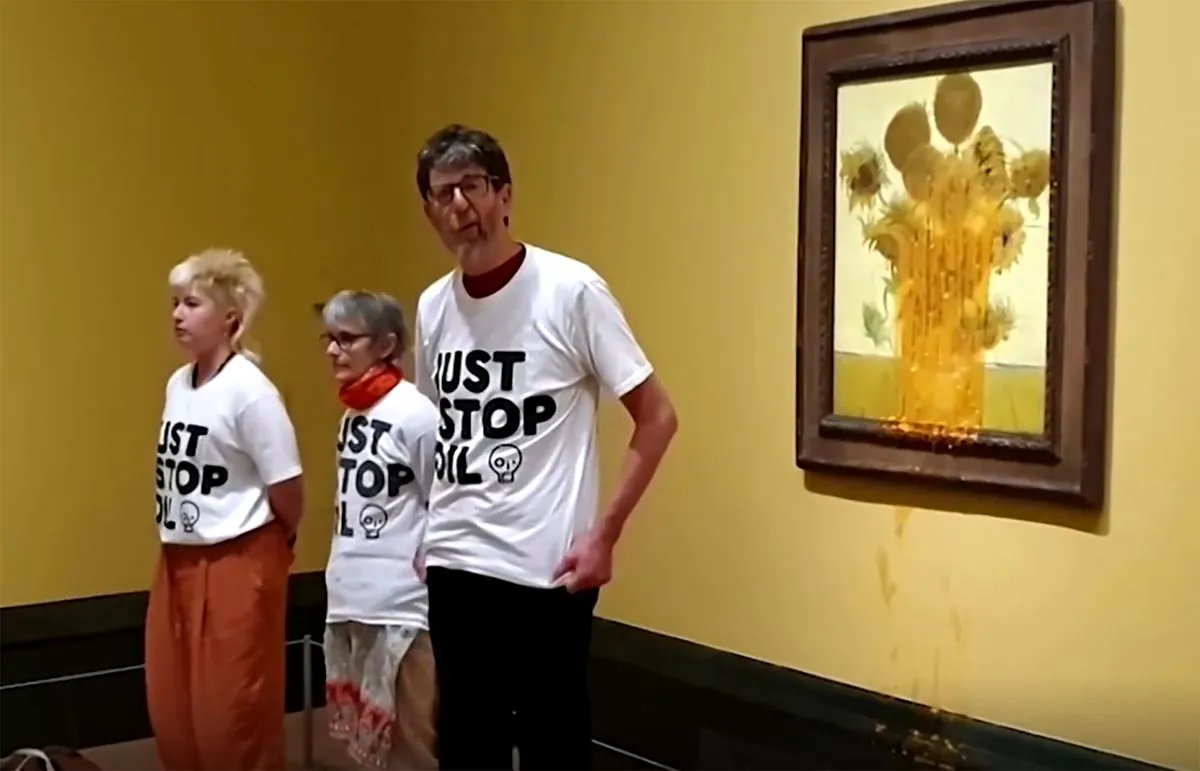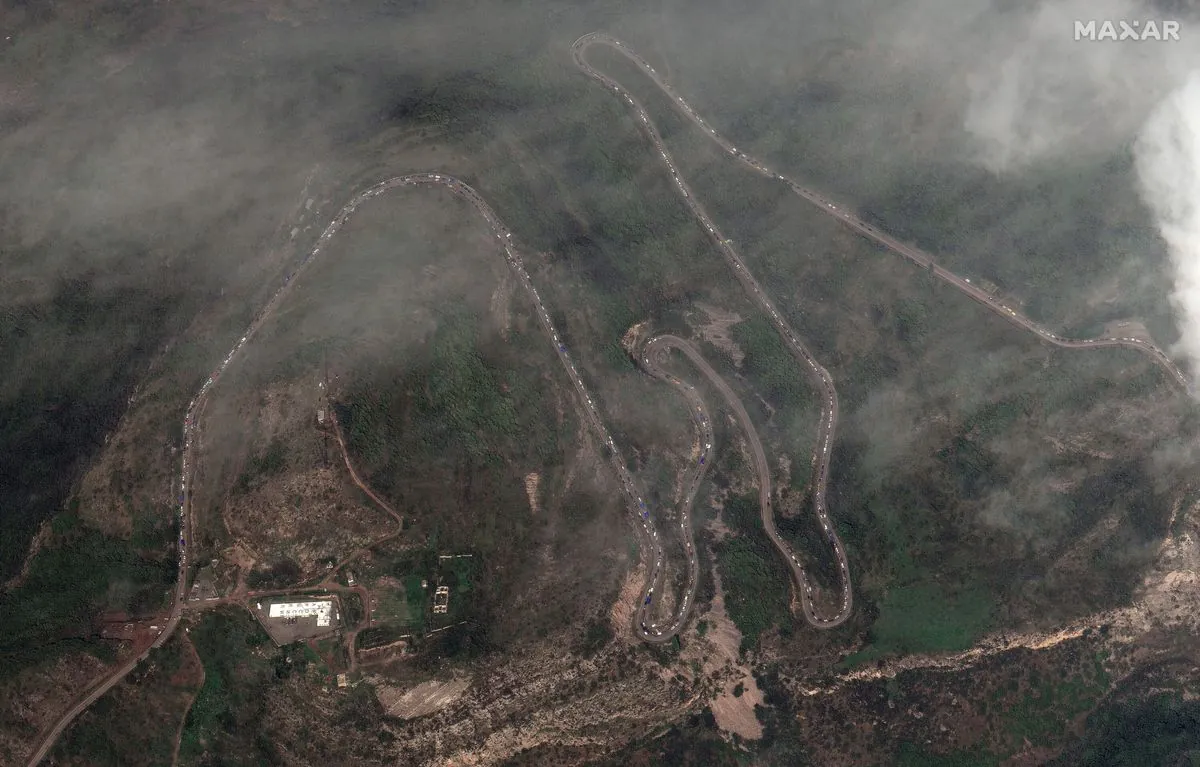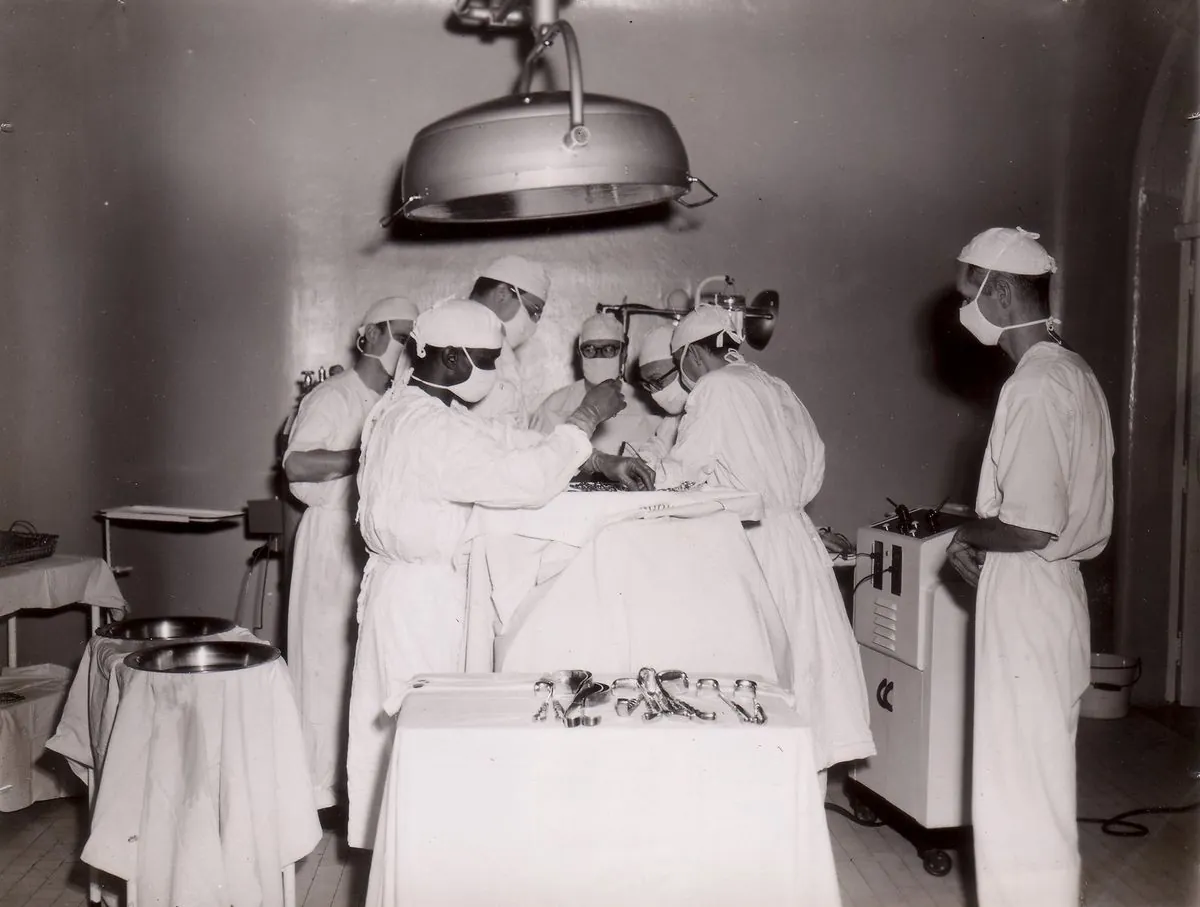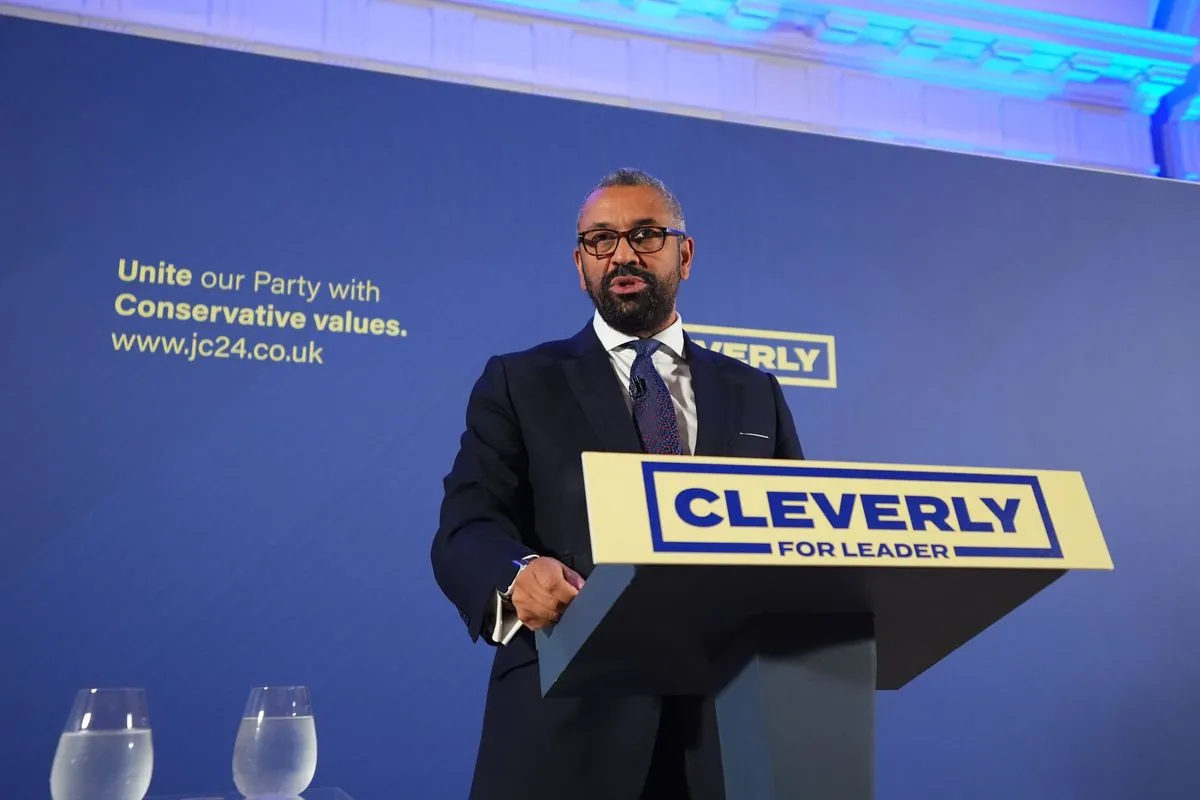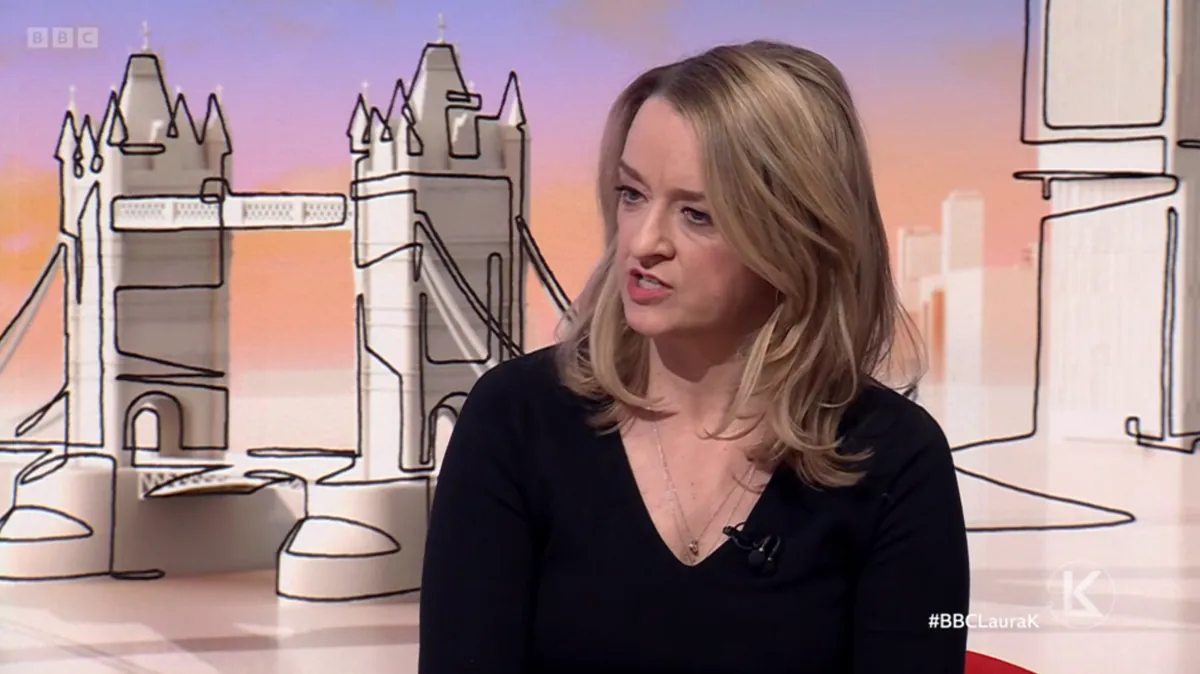Hezbollah's Leadership Crisis: Succession Challenges Amid Israeli Strikes
Hezbollah faces a critical leadership vacuum following Hassan Nasrallah's death in an Israeli airstrike. The selection of a new leader poses significant risks, with potential implications for regional stability and Lebanon's internal politics.
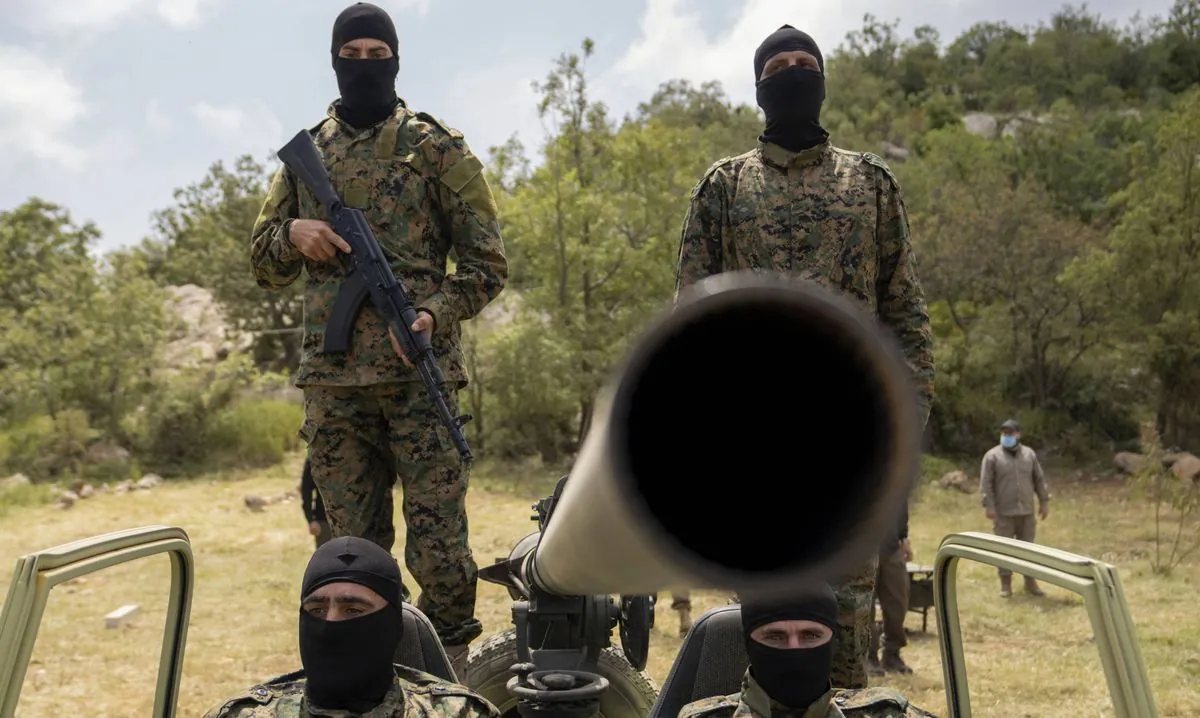
The Iran-backed militant group Hezbollah finds itself in a precarious position following the death of its long-time leader, Hassan Nasrallah, in an Israeli airstrike on September 27, 2024. The organization, founded in 1985 during the Lebanese Civil War, now faces the challenging task of selecting a new leader under unprecedented circumstances.
Nasrallah led Hezbollah for 32 years, transforming it from a nascent militia into a formidable force with significant influence in Lebanese politics and society. The group, whose name translates to "Party of Allah," operates a vast social services network and maintains a military wing estimated to have between 25,000 and 50,000 fighters.
The succession process is complicated by Israel's ongoing campaign against Hezbollah's leadership. According to the Israel Defense Forces (IDF), eight of the nine most senior commanders in Hezbollah's military wing have been eliminated this year, with the majority falling in the past week. The IDF also claims to have killed an additional 20 leaders of varying ranks in the same operation that targeted Nasrallah.
Among the potential successors, Hashem Safieddine, Nasrallah's cousin and head of Hezbollah's executive council, emerges as a frontrunner. Safieddine, believed to be around 60 years old, oversees the group's political affairs and has close ties to Iran. Another contender is Naim Qassem, Hezbollah's second-in-command, although he is perceived as less dynamic than Safieddine.
Iran, Hezbollah's primary backer, is playing a crucial role in the succession process. The Islamic Republic is reportedly sending a senior commander from its Quds Force to Beirut to assist in selecting a new leader and rebuilding the organization's command structure. This intervention underscores the complex relationship between Iran and its proxy groups in what it terms the "axis of resistance."

Hezbollah's military capabilities have been significantly impacted by Israel's sustained assault. While the group still possesses an arsenal estimated at over 100,000 rockets, including sophisticated guided missiles, its ability to deploy these weapons effectively may be compromised. This degradation of capabilities could potentially influence the strategic decisions of the new leadership.
The leadership transition occurs against a backdrop of declining popularity for Hezbollah within Lebanon. Recent polls indicate that the group's approval rating stands at just 30 percent, roughly equivalent to the proportion of Lebanon's Shia population. This shift in public opinion presents an opportunity for other political factions to challenge Hezbollah's dominance in the country's confessionally divided political system.
However, any attempts to alter the political landscape carry significant risks. Lebanon's history of sectarian conflict, including the devastating civil war from 1975 to 2000 that claimed 150,000 lives, looms large in the collective memory. Hezbollah has previously demonstrated its willingness to use force to maintain its position, as evidenced by its 2008 takeover of Sunni areas in Beirut.
"I can't remember the city feeling this on edge for years and years. We've been to stock up on supplies -- just in case of the worst. In Lebanon, we always hope for the best and expect the worst."
The current situation has heightened tensions in Beirut, with residents in many areas retreating indoors and businesses closing their doors. The Lebanese army has taken up positions between some Christian and Shia districts, highlighting the fragile nature of the country's sectarian balance.
As Hezbollah navigates this critical juncture, the decisions made by its new leadership will have far-reaching implications not only for the organization but for Lebanon and the wider region. The international community watches closely, aware that the outcome of this succession could either escalate or potentially de-escalate tensions in an already volatile part of the world.






























